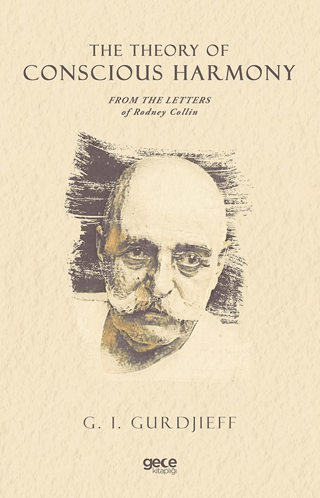The Theory of Conscious Harmony From The Letters of Rodney Collin

“...There are many things we have accepted in theory; but we have not yet seen their full implications. The mind is very slick; it has the blueprints and can describe them. But the being of man is a jungle, as the Mathnawi says, and there are many creatures there that we have not yet assessed, have not tamed. There are so many possibilities, for good or evil, that we have not yet seen. So much is unknown when we look into ourselves, our fate, our duty, our connections with people and things around us. We are. like men who have studied the theory and history of architecture, but haven’t yet started building their own houses. It is the individual himself who in the end has to get in there and do the work, if he is to reap the harvest he wants. No one else can do the work for him, no one else can solve his problems, no one can persuade him or coax him. He must find something in himself that longs above everything to grow, to struggle, to wake up. Then he may be some use perhaps, not otherwise. This is how it seems...”
“...There are many things we have accepted in theory; but we have not yet seen their full implications. The mind is very slick; it has the blueprints and can describe them. But the being of man is a jungle, as the Mathnawi says, and there are many creatures there that we have not yet assessed, have not tamed. There are so many possibilities, for good or evil, that we have not yet seen. So much is unknown when we look into ourselves, our fate, our duty, our connections with people and things around us. We are. like men who have studied the theory and history of architecture, but haven’t yet started building their own houses. It is the individual himself who in the end has to get in there and do the work, if he is to reap the harvest he wants. No one else can do the work for him, no one else can solve his problems, no one can persuade him or coax him. He must find something in himself that longs above everything to grow, to struggle, to wake up. Then he may be some use perhaps, not otherwise. This is how it seems...”














